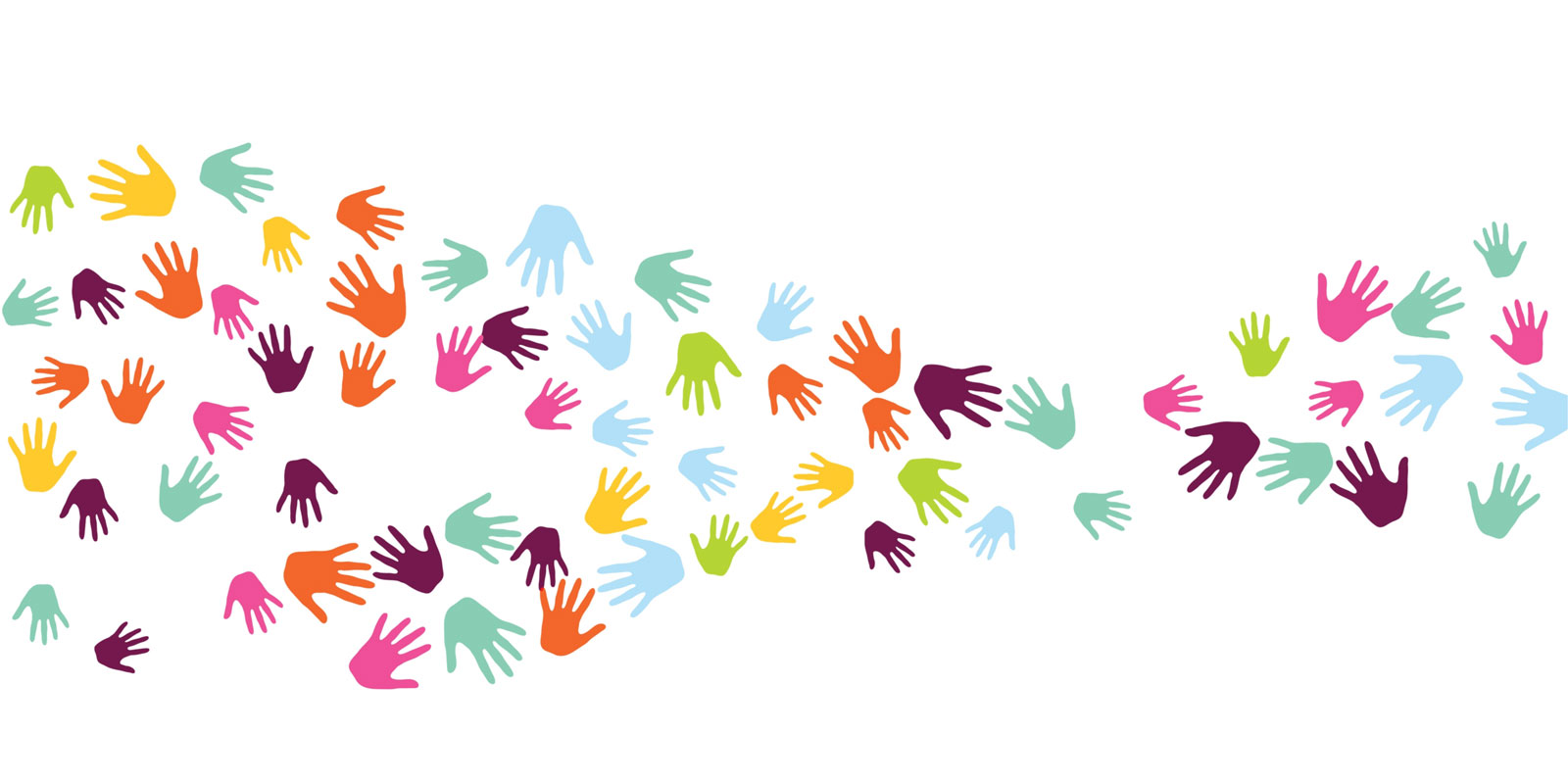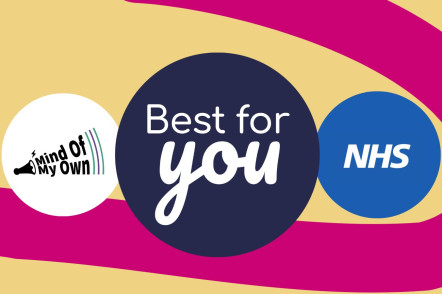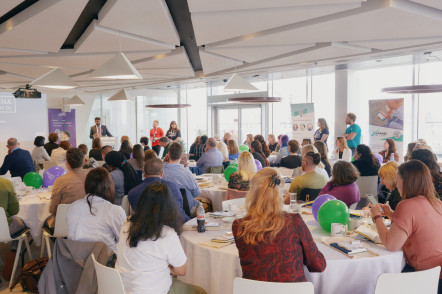Cultural identity is enshrined in the Children Act 1989, which promotes the view that all children and their parents should be considered as individuals and that family structures, culture, religion, ethnic origins and other characteristics should be respected
Why cultural identity is important
There are 195 countries in the world and 61 continue to be colonised until today. Moreover, there are 7,117 listed languages, although this number is gradually in decline. For a country as diverse as the UK with many individuals of multiple ethnicities, we must celebrate both the culture and identity of the young people we work with.
The pluralist society that we now live in
Last week we held a provider forum with all the independent organisations in our community to discuss identity, what it means to us, and how it shapes the futures of our lives. How we think about culture and identity begins with the organisation we work for. Somerset Council has a vision of creating ‘a county of resilient and passionate communities working to reduce inequalities.’ Having intentional and meaningful policies around key topics, such as the celebration of diversity and anti-racism, gives practitioners a boost to take action and bring those policies to life. In turn this behaviour positively affects the children and families that they support and drastically enhances how we record a child’s identity and culture when recording notes. The tick box of ‘White British’ or ‘Black African’ is no longer sufficient and we must embrace the pluralist society that we now live in.
Language matters
Another important discussion was around how language and culture are intertwined in their meanings. How often do we celebrate other languages? Do we ever support children to tell us things in their native tongue?
Mind Of My Own apps can not only allow young people to tell their own cultural narrative in their own words, but they can also give them the chance to do it in their own native language. Recite Me accessibility features can translate both our apps into over 100 languages and whilst clearly instrumental for unaccompanied and migrant young people, this can be equally crucial for the identity of Welsh children for example. Recite Me translation was a huge part of our Included and Safe project
Please get in touch with hello@mindofmyown.org.uk if you’d like to learn more




